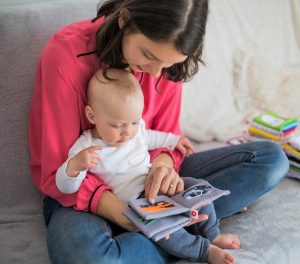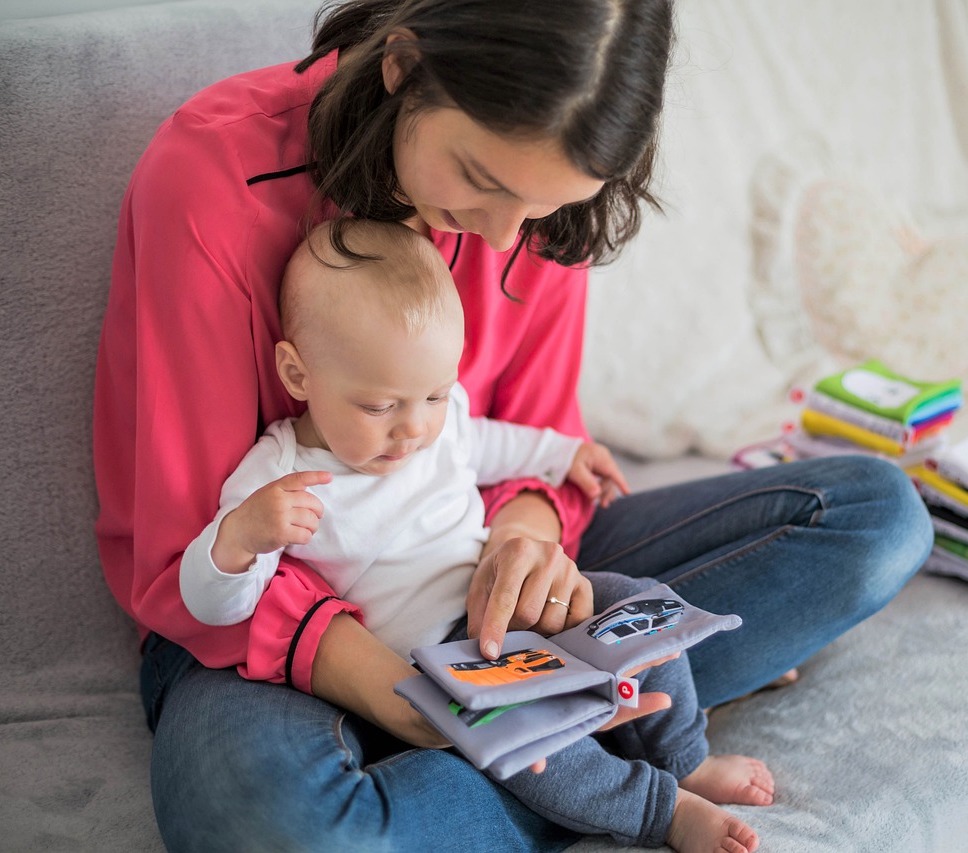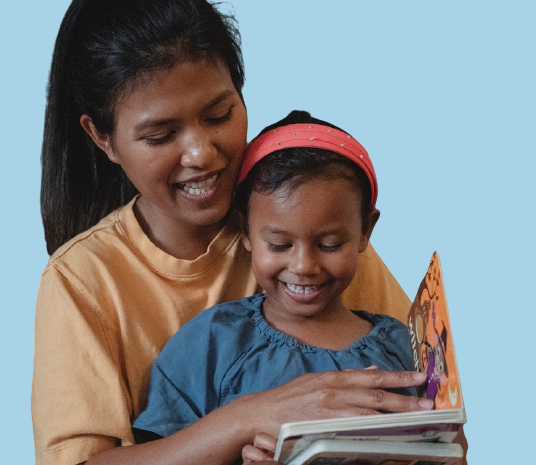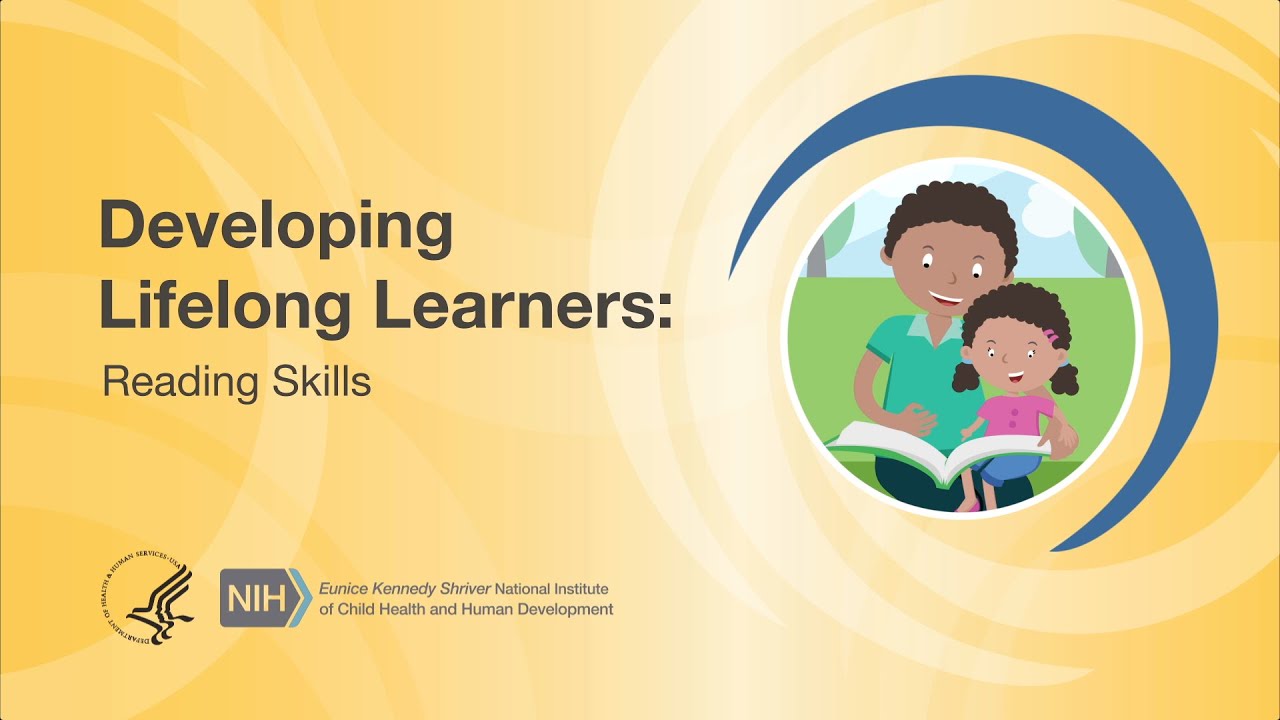Infants With Autism Don’t Engage With ‘Baby Talk’
 That sing-song speech parents use when talking to their babies is universal, and infants tend to prefer it. So, when a baby doesn’t seem to engage with this melodic “motherese,” or baby talk, it can be an early sign of autism spectrum disorder (ASD). Read more ›
That sing-song speech parents use when talking to their babies is universal, and infants tend to prefer it. So, when a baby doesn’t seem to engage with this melodic “motherese,” or baby talk, it can be an early sign of autism spectrum disorder (ASD). Read more ›


 Eighteen long months ago, as surreal rumors of a shelter-in-place order for the Bay Area began to percolate, CHC immediately transitioned to a remote-first model of care for kids, teens and young adults.
Eighteen long months ago, as surreal rumors of a shelter-in-place order for the Bay Area began to percolate, CHC immediately transitioned to a remote-first model of care for kids, teens and young adults. 
 For young children, the pandemic comes at a crucial time for developing skills important for empathy, safety and more — a phase that some parents worry will be impaired by mask-wearing.
For young children, the pandemic comes at a crucial time for developing skills important for empathy, safety and more — a phase that some parents worry will be impaired by mask-wearing. 
 First 5 California
First 5 California
 In the United States, an estimated
In the United States, an estimated 
 As kids hit toddlerhood, making sure they’re on track with major development milestones such as talking can sometimes be difficult to judge.
As kids hit toddlerhood, making sure they’re on track with major development milestones such as talking can sometimes be difficult to judge.
 With social distancing (or more accurately, physical distancing) a new way of life during the COVID-19 pandemic, people of all ages are challenged to find different ways to connect socially. However, for children with language disorders—who have difficulties with social interactions in the best of times—the physical distance mandated to prevent the pandemic’s spread can be especially challenging.
With social distancing (or more accurately, physical distancing) a new way of life during the COVID-19 pandemic, people of all ages are challenged to find different ways to connect socially. However, for children with language disorders—who have difficulties with social interactions in the best of times—the physical distance mandated to prevent the pandemic’s spread can be especially challenging. 
 When a child is struggling in school, the first step to finding help is figuring out what’s getting in his way. As a starting point, you need an evaluation of your child’s learning profile, to identify strengths and weaknesses, and suggest what kind of support he might need to thrive.
When a child is struggling in school, the first step to finding help is figuring out what’s getting in his way. As a starting point, you need an evaluation of your child’s learning profile, to identify strengths and weaknesses, and suggest what kind of support he might need to thrive. 
 Many parents note that one silver lining of these scary and unprecedented times is the opportunity to spend much more time with their children. However, this increased attention can sometimes lead to more worries: is my child delayed? Are they reacting to the anxiety of these times? Or am I just more concerned and sensitive because of my own personal stress?
Many parents note that one silver lining of these scary and unprecedented times is the opportunity to spend much more time with their children. However, this increased attention can sometimes lead to more worries: is my child delayed? Are they reacting to the anxiety of these times? Or am I just more concerned and sensitive because of my own personal stress? 


